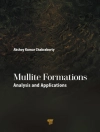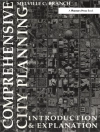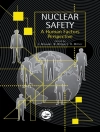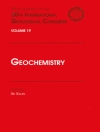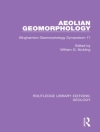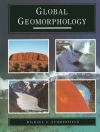Offering a thought provoking theoretical conversation around ecological crisis and natural resource extraction, this book suggests that we are on a trajectory geared towards total extractivism guided by the mythological Worldeater. The authors discuss why and how we have come to live in this catastrophic predicament, rooting the present in an original perspective that animates the forces of global techno-capitalist development.
They argue that the Worldeater helps us make sense of the insatiable forces that transform, convert and consume the world. The book combines this unique approach with detailed academic review of critical agrarian studies and political ecology, the militarization of nature and the conventional and ‘green’ extraction nexus. It seeks radical reflection on the role people play in the construction and perpetuation of these crises, and concludes with some suggestions on how to tackle them.
Inhoudsopgave
Chapter 1: Introduction—Consuming Everything: Capitalism and the Imperative of Total Extractivism.- Chapter 2: The Spirit and Metaphysical Form of Capitalism: Devils, Worms, Octopuses and Worldeater(s).- Chapter 3: Studying the Worldeater(s): Political Ecology and Critical Agrarian Studies and their Origins, Differences and Convergence.- Chapter 4: Claws & Teeth: The Militarization of Nature.- Chapter 5: The Worldeater(s) in Process: Uncovering the Nexus of Conventional and ‘Green’ Extraction.- Chapter 6: Conclusion—Out of the Entrails: Reflections on Human Power.
Over de auteur
Alexander Dunlap is a postdoctoral research fellow at the Centre for Development and the Environment, University of Oslo, Norway. His work has critically examined police-military transformations, market-based conservation, wind energy development and extractive projects more generally in both Latin America and Europe.
Jostein Jakobsen is a doctoral research fellow at the Centre for Development and the Environment, University of Oslo, Norway. His research focuses on agrarian change in India, food regime analysis, meatification, and the Naxalite movement in India, set within broad interests in political ecology and critical agrarian studies.


